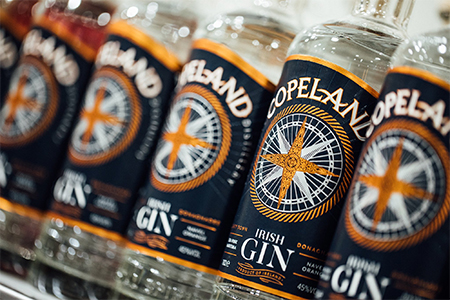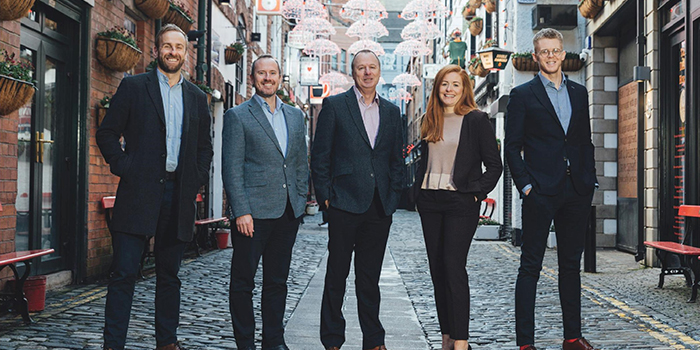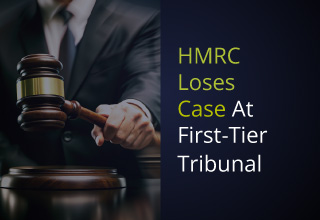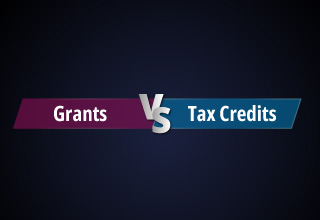SMEs can claim up to 24.7p for every qualifying £1 they spend on R&D says Jeff Drennan, Managing Partner at Amplifi Solutions
Flicking through the menu at quite a nice restaurant last week, with quite a few dishes I hadn’t seen before, something struck me. Research and development really is everywhere.
It’s not just fish and chips anymore. It’s pan-fried seabass with herb butter, trophy of pomme de frites and a full stop of minted pea puree.
We’re getting more adventurous with our food and drink, and the competition is getting fierce – with restaurants, chefs and supermarkets always on the lookout for the next cutting-edge thing. It’s great news for our taste buds.
What we might not see is the amount of research and development that goes on in the background to get those foods from thought to plate. Looking now at supermarkets shelves that would seem alien to the ones our grandparents might have looked at, you can see that we’ve not been shying away from consumer demand. From gluten free or reduced salt, to meat-free and organically sourced; it’s obvious the food and drinks industry has got the taste for R&D.
What producers, food developers and distilleries might not realise however is that what they’re doing is R&D. Simply put, R&D tax credits can be awarded to any company providing they are undertaking steps in research and development – even if the project fails. Or in this case, ends up not really tasting that great.
 Here at Amplifi, we recently had the pleasure of working alongside The Copeland Distillery as they diversified their successful ‘ginfusion’ brand by developing their own gin and whiskey spirits. Previously, Copeland had been infusing gin with organic botanicals before filtering and bottling it. Now the team have moved full production to Donaghadee where they fully distil their own gin and whiskey. Copeland is an innovative, creative and exciting example of R&D within the drinks sector. After starting with two flavoured gins, they progressed into classic irish gin, single malt whiskey and pot still whiskey.
Here at Amplifi, we recently had the pleasure of working alongside The Copeland Distillery as they diversified their successful ‘ginfusion’ brand by developing their own gin and whiskey spirits. Previously, Copeland had been infusing gin with organic botanicals before filtering and bottling it. Now the team have moved full production to Donaghadee where they fully distil their own gin and whiskey. Copeland is an innovative, creative and exciting example of R&D within the drinks sector. After starting with two flavoured gins, they progressed into classic irish gin, single malt whiskey and pot still whiskey.
Since the move to their new distillery, Copeland has focused on distillations rather than infusions and although they still produce their two flagship gins, the team has found through market research that their consumers are going back to ‘classic style’ gins.
It’s not just been about expanding their business through product development innovations at Copelands. They’ve also opened their doors and their growth strategy with a new distillery tour.
So, whether it’s new flavors, recipes or shelf-life testing; if you’re a leader in the food and drinks industry, now’s the time to have a think about what R&D opportunities there are for you.
And if you’re thinking R&D might not be lucrative enough to invest the time in – take a closer look. SMEs can claim up to 24.7p for every qualifying £1 spent on R&D – a significant boost for any business.
Contact us if you have are interested in finding more out about R&D tax credits.






